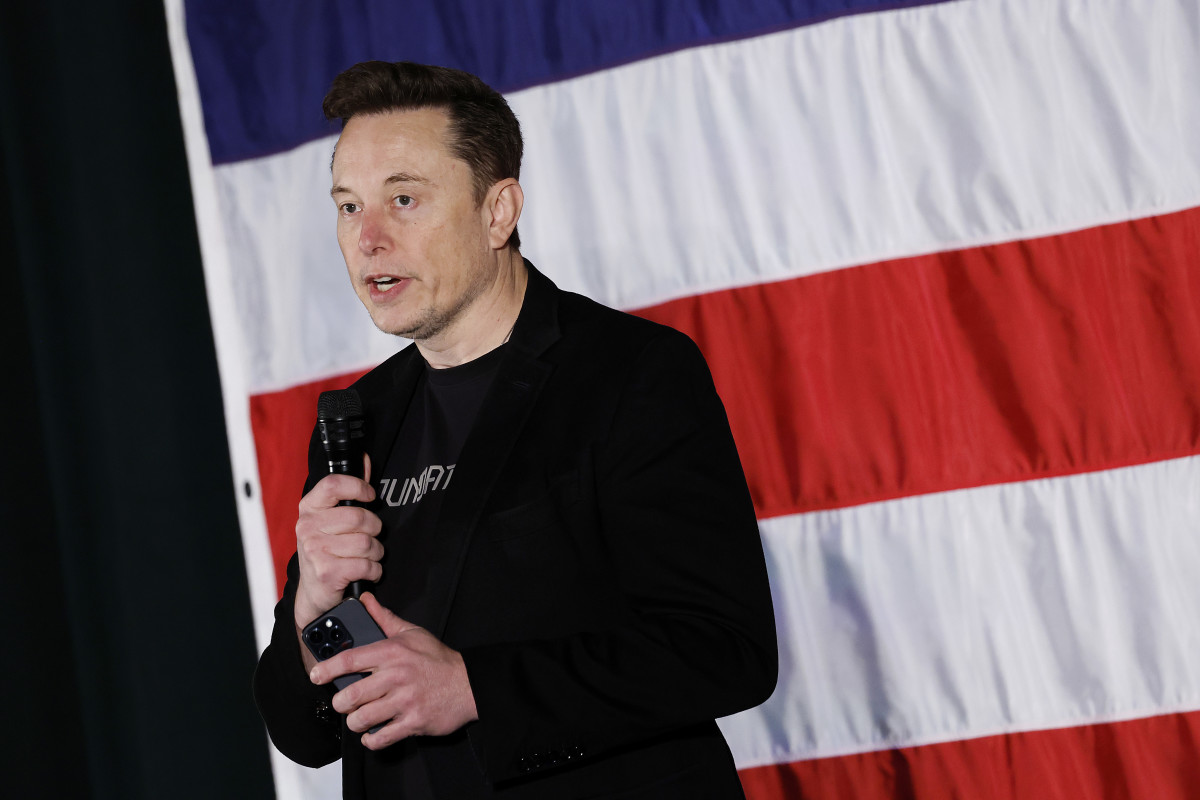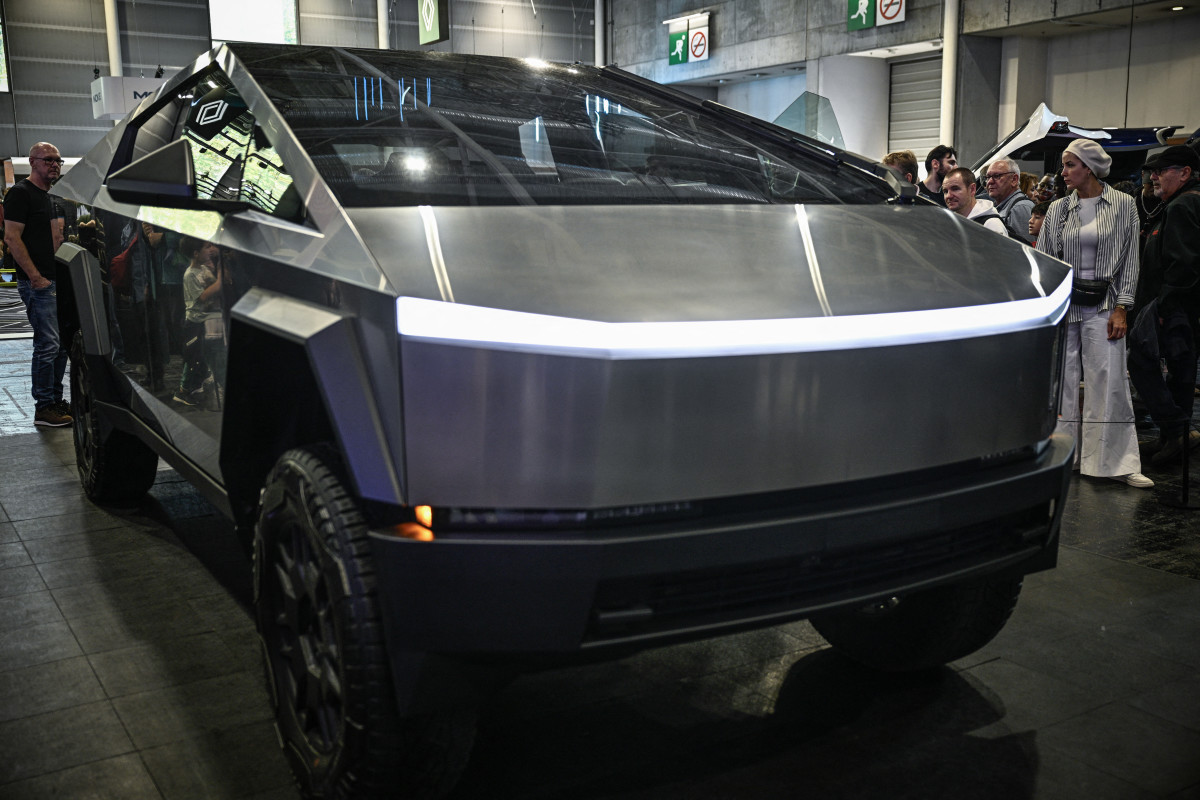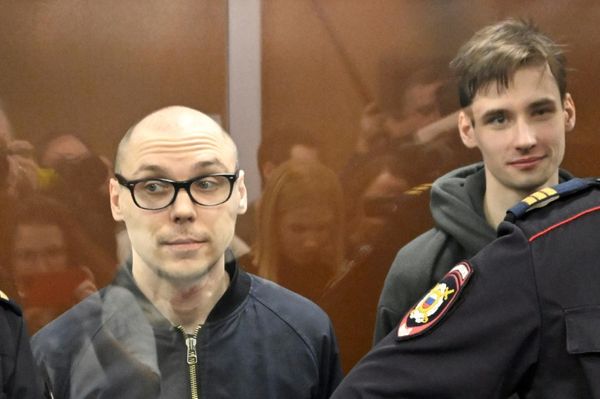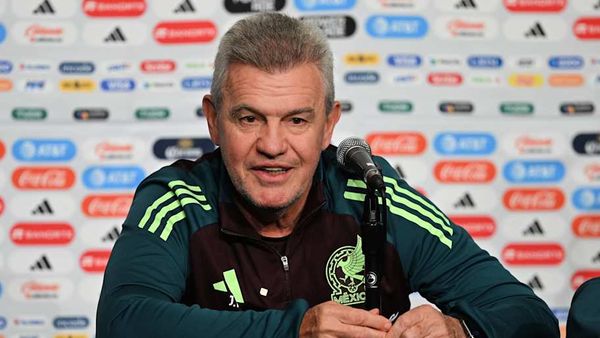
On the evening of Oct. 10, Tesla (TSLA) CEO Elon Musk presented the company's hotly anticipated "We, Robot" event to a crowd at the Warner Bros. studio backlot, with hundreds of thousands of Tesla fanatics on his social media platform X (formerly known as Twitter) also tuning in.
The presentation's centerpiece revolved around Musk's idea of future mobility, where conceptual autonomous vehicles like the pedal-less and steering wheel-less 'Cybercab' and oddly-designed 'Robovan' allow future generations to get their "time back" from the chore of driving.
💰💸 Don’t miss the move: SIGN UP for TheStreet’s FREE Daily newsletter 💰💸
Though Musk has made promises with this new set of futuristic vehicles in the past, products like the Cybertruck or the still-to-be-released Tesla Roadster supercar show that the Tesla product launch timeline can be delayed for an unanticipated number of years.
However, a new development has come to light that might delay a core pillar behind Musk's ultimate vision.

The Fed's Latest Probe Into Tesla Technology
According to a new report from Reuters, the National Highway Traffic Safety Administration (NHTSA) said on Friday that it is opening a probe into 2.4 million Teslas with the brand's Full Self-Driving software after the agency was made aware of four reported collisions, including a fatal crash.
The probe covers the entirety of Tesla's current lineup, including the 2016-2024 model years of the Model S sedan and Model X SUVs equipped with FSD, the 2017-2024 model years of the compact Model 3, the 2020-2024 model years of the bestselling Model Y compact crossover, and the infamous Cybertruck.
The NHTSA's preliminary investigation is one of the agency's elementary steps before it can recommend initiating a recall for the automaker. According to the agency, it opened the probe after it was made aware of four separate incidents in which Teslas crashed when FSD was engaged during less-than-ideal visual conditions for driving, including sun glare, fog, or airborne dust.
In two separate cases that the NHTSA is aware of, a Tesla vehicle with FSD turned on fatally struck a pedestrian, while another crash involved a reported injury.
More Business of EVs:
- A ridiculous Tesla Supercharging flaw is making EV owners hostile
- Study: EV charging stations have a secret built-in business benefit
- Mercedes latest tech is ahead of Tesla in one key area
Tesla's huge bet on FSD and 'autonomy'
At the bottom of the NHTSA's document covering the probe, the agency says it is looking to see if any other crashes occurred in similar conditions, as well as if the FSD software has the ability to "detect and respond appropriately to reduced roadway visibility conditions," and if Tesla has made any updates to the software that would affect FSD's ability to drive in said conditions.
Coincidentally, this probe comes after Elon Musk announced during the "We, Robot" event last week that Tesla is expecting to have a much more software-reliant version of FSD called “unsupervised FSD” available to Tesla Model 3 and Model Y owners in Texas and California next year, with the rest of the lineup to follow. Musk framed this as a precursor to the "robotaxis" with full-on autonomy like the Cybercab.
"But well before [the Cybercab], you will experience a robotic taxi via the Model 3 and Model Y program, and Model S and X too. The 3 and Y will achieve unsupervised Full Self-Driving, with permission in, wherever regulators will essentially approve it in the U.S. and then to follow outside the U.S.," Musk said.
Related: Tesla's Cybertruck has an unusual and tiny new electric rival
Musk also stated during the presentation that he envisions the Cybercab to be made "in very high volume," as he aspires for a world where sleek, driverless, butterfly-doored Teslas make up much of the vehicles on the road.
However, as a recent Bloomberg report points out, current NHTSA rules will keep the Cybercab as a product from being ubiquitous. According to current NHTSA guidelines, even if Tesla manages to jump through all the regulatory hurdles to get a vehicle with no pedals and no steering wheel approved, it will not be able to deploy 2,500 vehicles per year out on the roads.
According to University of South Carolina law professor and autonomous vehicle expert Bryant Walker, “exemptions aren’t a viable route for a mass manufacturer” like Tesla unless “Congress increases this limit.”
Tesla Inc. trades on the NASDAQ as TSLA and is up 0.25% from the bell, trading at $221.44 per share at the time of writing.
Related: Veteran fund manager sees world of pain coming for stocks







